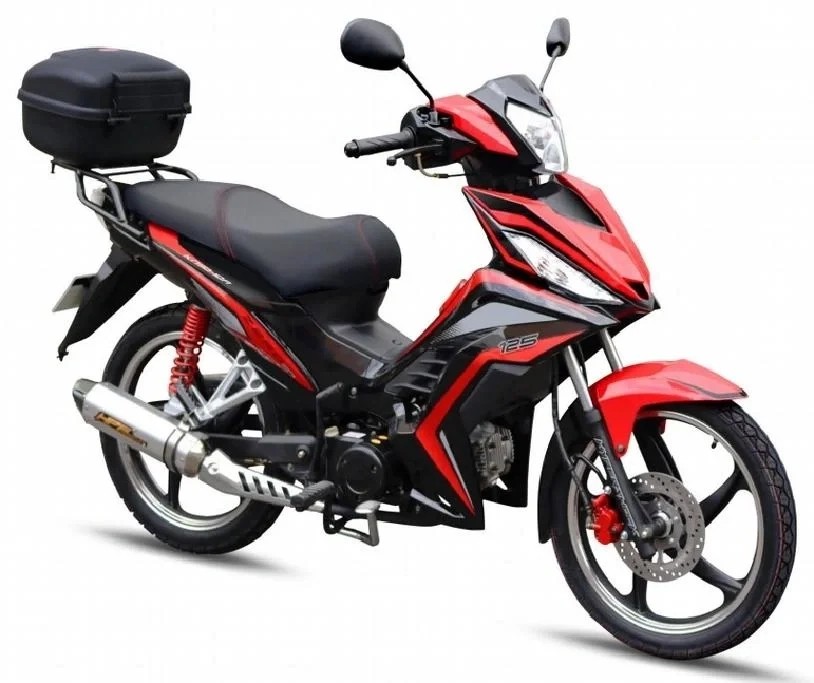Transportation plays a pivotal role in our daily lives, connecting people, goods, and ideas across the globe. However, with the ever-evolving landscape of technology, urbanization, and environmental concerns, the transport industry faces numerous challenges. In this blog post, we will delve into the ten most pressing transport issues of our time, exploring their implications and potential solutions.
- Traffic Congestion:
One of the most pervasive transport issues is traffic congestion, which plagues urban areas worldwide. This problem leads to wasted time, increased fuel consumption, and heightened pollution levels. Innovative solutions such as intelligent transportation systems, congestion pricing, and improved public transportation infrastructure can help alleviate this issue. - Aging Infrastructure:
Many countries struggle with aging transport infrastructure, including roads, bridges, and railways. This poses safety risks and hampers efficiency. Governments and private entities must invest in infrastructure maintenance, repair, and modernization to ensure safe and reliable transportation networks. - Sustainable Mobility:
As environmental concerns grow, the transport sector faces the challenge of reducing its carbon footprint. Promoting sustainable mobility options such as electric vehicles, cycling infrastructure, and public transportation can mitigate the environmental impact of transportation and improve air quality. - Last-Mile Delivery:
The rise of e-commerce has led to an increased demand for efficient last-mile delivery services. However, this poses challenges such as traffic congestion, limited parking spaces, and the need for innovative delivery methods like drones and autonomous vehicles. Collaborative efforts between logistics companies, urban planners, and policymakers are crucial to optimizing last-mile delivery. - Safety and Security:
Ensuring the safety and security of transport systems is paramount. Issues such as road accidents, terrorism, and cyber threats require constant vigilance and proactive measures. Implementing advanced safety technologies, enhancing security protocols, and promoting driver education can help mitigate these risks. - Accessibility and Inclusivity:
Transportation should be accessible to all individuals, regardless of their physical abilities or socioeconomic status. Improving accessibility through barrier-free infrastructure, affordable fares, and inclusive design is essential for creating an equitable transport system. - Intermodal Connectivity:
Seamless intermodal connectivity is vital for efficient transportation. Integrating different modes of transport, such as rail, road, air, and water, requires coordinated planning, standardized ticketing systems, and improved infrastructure interconnectivity. This enhances overall efficiency and reduces travel times. - Urbanization and Spatial Planning:
Rapid urbanization poses challenges in terms of transport infrastructure planning and management. Developing sustainable urban transport systems, implementing smart city initiatives, and adopting transit-oriented development strategies can help address the transportation needs of growing urban populations. - Digital Transformation:
The advent of digital technologies has revolutionized the transport industry. Embracing digital transformation through initiatives like smart traffic management systems, real-time passenger information, and ride-sharing platforms enhances efficiency, reduces costs, and improves the overall travel experience. - Workforce Skills and Training:
The transport industry requires a skilled workforce to operate and maintain its complex systems. However, there is a growing skills gap in areas such as autonomous vehicle technology, data analytics, and sustainable transport planning. Investing in training programs, fostering partnerships with educational institutions, and promoting lifelong learning can bridge this gap.
Conclusion:
The transport industry faces a multitude of challenges, ranging from traffic congestion to sustainability concerns. Addressing these issues requires a collaborative effort from governments, private entities, and individuals. By embracing innovative solutions, investing in infrastructure, and prioritizing sustainability, we can pave the way for a future where transportation is efficient, safe, and environmentally friendly.




+ There are no comments
Add yours